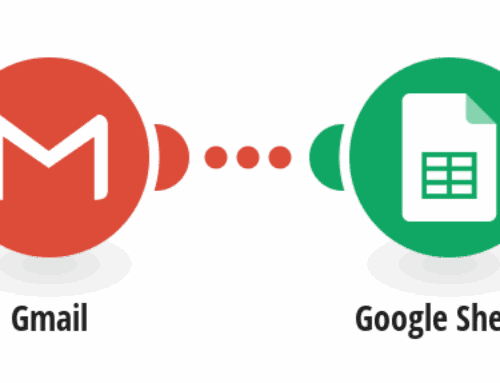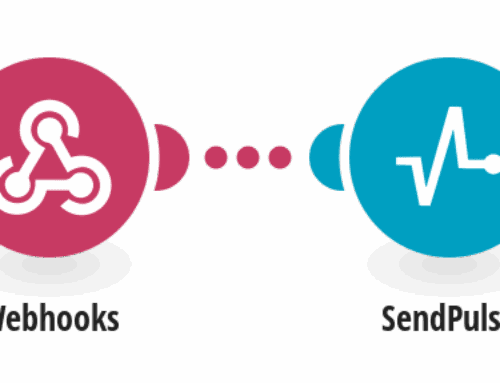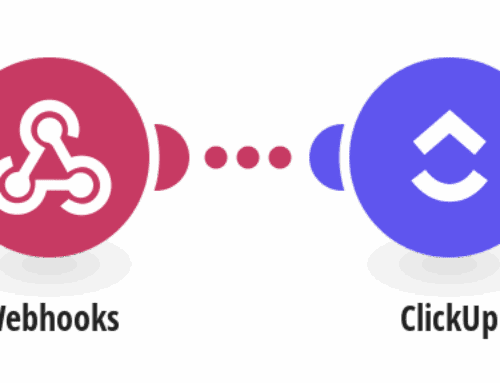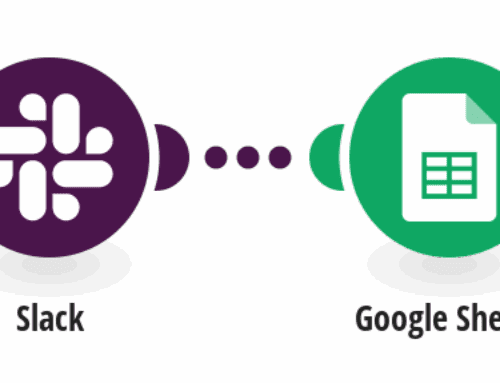How to Send New Rows with Records from Google Sheets to Facebook Offline Conversions
Introduction to Google Sheets and Facebook Offline Conversions
In today’s digital world, managing data efficiently is crucial for businesses. But what if there was a way to streamline data transfer between platforms like Google Sheets and Facebook? Enter the process of sending new rows from Google Sheets to Facebook Offline Conversions. This integration empowers businesses to harness their sales data seamlessly.
Google Sheets is a widely-used tool for organizing and analyzing data. On the other hand, Facebook Offline Conversions enables advertisers to link real-world interactions with their online marketing efforts. Combining these tools can significantly enhance your advertising strategies by providing insights into offline activities.
Why Sync Google Sheets with Facebook Offline Conversions?
Imagine having your sales data automatically updated in Facebook without lifting a finger. By syncing Google Sheets with Facebook Offline Conversions, businesses can gain an upper hand. This synchronization eliminates manual data entry tasks, allowing you to focus on more strategic aspects.
Moreover, this integration ensures that your online ad campaigns reflect real-time sales data. This means better attribution of sales to specific campaigns, leading to more accurate insights and optimizations. It’s like having a personal assistant who never makes mistakes!
Key Benefits of Automation
Saving Time and Reducing Errors
Automation is the magic word here. When you automate the transfer of data from Google Sheets to Facebook, you’re effectively gaining back hours wasted on monotonous tasks. Imagine the time you could save by not having to manually update sales data.
Additionally, automation reduces the chance of human error. We all know the frustration of a simple typo throwing off our entire dataset. With automation, those days are gone. Your data flows seamlessly, accurately, and efficiently.
Enhancing Marketing Strategies
The ability to connect offline sales data with online campaigns provides a more comprehensive view of customer interactions. When your marketing strategies are informed by complete data, they naturally become more effective.
By understanding which campaigns drive in-store purchases or phone calls, you can allocate your resources more wisely. It’s like having a GPS for your marketing efforts, guiding you to the most profitable routes.
Setting Up the Integration
Preparing Your Google Sheets
Before diving into the setup, ensure your Google Sheets is properly formatted. Clean data is essential for successful integration. Make sure columns are labeled clearly, and data entries are consistent.
Once your sheet is ready, you’ll need to set permissions for accessibility. This ensures that the integration process runs smoothly without hiccups, like a well-oiled machine.
Linking to Facebook Offline Conversions
To link Google Sheets with Facebook Offline Conversions, access the Facebook Business Manager. Here, you can create an offline event set to capture your sales data. Think of it as setting up a custom funnel for your conversions.
You’ll be guided through various settings to ensure the data pipeline is tailored to your business needs. This setup might seem tedious, but it’s a one-time effort that pays dividends in efficiency.
Using Make.com for Seamless Integration
Make.com offers a powerful integration platform designed to connect apps seamlessly. It’s like having a Swiss Army knife for your business tools. By leveraging Make.com, you can automate the flow from Google Sheets to Facebook with ease.
This tool handles the behind-the-scenes work, mapping data accurately between platforms. The beauty lies in its simplicity; no coding skills are required. You simply configure the settings once, then watch as your data works like a silent partner in the background.
Troubleshooting Common Issues
Of course, technology isn’t perfect, and sometimes issues arise during integration. A common problem is incorrect data formatting. Ensure that your Google Sheets follows the specifications required by Facebook to avoid hiccups.
If you encounter permission errors, double-check the access settings on both Google and Facebook. Often, refreshing tokens or re-establishing connections resolves these glitches, making everything run smoothly again.
Maximizing the Benefits of Integration
Once your system is up and running, it’s time to reap the benefits. Regularly update your Google Sheets to include all offline transactions. The more data you feed into Facebook Offline Conversions, the more insights you will garner.
Keep refining your ad strategies based on the data insights. Aim for continuous improvement. Just like a gardener tending to plants, nurture your campaigns with data-driven decisions to see them thrive.
Looking Forward: Future of Data Synchronization
The future of business lies in seamless data integration. As technology evolves, these processes will become even more intuitive and powerful. Staying ahead of the curve by adopting these technologies today prepares you for tomorrow’s challenges.
Imagine a world where all your business tools communicate effortlessly – it’s closer than you think. Embracing such innovations not only boosts efficiency but also keeps your business competitive in a data-driven marketplace.
Conclusion
Integrating Google Sheets with Facebook Offline Conversions is like adding another dimension to your marketing strategy. It bridges the gap between offline and online data, providing richer insights and improved campaign performance. By investing a little time upfront, you can unlock a world of benefits that streamlines operations and enhances return on investment.
Whether you’re a seasoned marketer or just starting, this integration offers tangible advantages that could redefine how you handle data. Embrace this technology, and let it take your business to new heights.
Frequently Asked Questions
What is Facebook Offline Conversions?
Facebook Offline Conversions allows businesses to track offline sales and link them back to Facebook ads. This feature offers insights into which ads are driving real-world actions.
How can automation help my business?
Automation helps streamline tasks and reduce human errors. By automating data transfers, you free up time to focus on more strategic business activities and improve data accuracy.
Do I need any coding skills to use Make.com?
No coding skills are required to use Make.com. The platform offers a user-friendly interface that allows anyone to set up integrations between different apps easily.
What should I do if I encounter a data format error?
If you encounter a data format error, ensure your Google Sheets follows the correct structure as specified by Facebook. Check for column labels and consistent data entries.
Is this integration suitable for small businesses?
Absolutely! Small businesses can greatly benefit from this integration by optimizing ad spend and gaining better insights into their offline sales data, which can lead to more informed marketing strategies.








